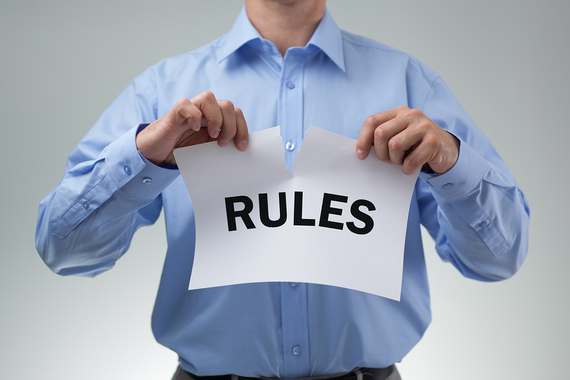Do you have a very careful pre-sleep routine?
One of the first things people do when they're not sleeping well is to introduce rules around sleep. Carefully adjusting their sleeping environment in an attempt to control all noise and light. Not eating too late, avoiding caffeine, not exercising in the evening, wearing earplugs, buying a new pillow, getting a new mattress, fitting blackout curtains. Whilst these things can help with sleep to some extent, often people try too hard and these rules become part of the problem. Sound familiar?
Sleep problems or insomnia can start in the setting of physical or mental illness, or when people aren't respectful of sleep. Working right up until the time for bed and not winding down, drinking too much coffee, not managing stress, drinking too much, poor physical or mental health. If this is the case, initially introducing some rules around sleep can help. These rules usually consist of instructions that make up sleep hygiene. Some of the other instructions that make up sleep hygiene are not exercising too late, ensuring the bedroom environment is dark, quiet and an appropriate temperature and maintaining regular bed times.
Sleep hygiene, or sleep rules, are a part of cognitive behavioral therapy for insomnia. Our research, published in Annals of Internal Medicine earlier this year, showed that cognitive behavioral therapy is an effective treatment for insomnia. On average, after cognitive behavioral therapy people take 19 minutes less to get to sleep and are awake for 26 minutes less through the night. However, sleep hygiene is only 1 of 5 components of cognitive behavioral therapy, and focusing too much on sleep hygiene, or sleep rules, can actually make things worse over time. The other components of cognitive behavioral therapy for insomnia, sleep restriction, stimulus control, relaxation and cognitive therapy are equally important but often ignored as people focus on increasingly strict sleep hygiene measures.
People can come to believe that they are only able to sleep in a certain set of circumstances or if they carefully follow an ever increasing list of rules about sleep. In most areas of life, if something is not working, our approach is to analyze what is causing the problem and put in place strategies or rules to more tightly control things. If those measures don't work, we repeat the cycle and introduce more rules. But, sleep is one of the areas where this approach doesn't work and can actually add to the problem.
Whilst it is important to respect sleep and keep the sleep hygiene rules in mind, once you've ticked the box on most of those rules, further improvements to sleep won't come by adding more rules. In fact, adding more rules can start to increase over-thinking about sleep and add to sleep problems.
What can I do if I'm being too careful about sleep?
Do you have a long list of sleep rules, or do you do things throughout the day and evening specifically with the aim of improving sleep? Compare that with others you know who sleep well. What sleep rules do they have?
A simple exercise to look at this is to write down on a piece of paper all the things you do:
- throughout the day to improve sleep
- getting ready for bed
- once in bed to help with sleep
- to make your bedroom environment conducive for sleep
Then, look through your list and if it is long and there are lots of rules around sleep, give yourself permission to drop one thing from your list. A few days later, if your sleep hasn't suffered, drop something else from your list. Keep dropping things you do to improve sleep from your list until it is much more manageable and less limiting.
If you've put sleep hygiene measures in place, and worked through getting rid of some of your sleep rules but are still have trouble sleeping, it's important to discuss your sleep with your health professional. You may need to consider cognitive behavioral therapy or other treatments for insomnia.
People are often surprised at how many things they do to try to control sleep and how much they impact on their life. Many people I see haven't been out socially at night for years for fear of what it would do to their sleep. Others have a pre-sleep routine that starts hours before bed and consumes hours of time each day, leaving no time for themselves. What about your own sleep rules? Have you gone too far?
